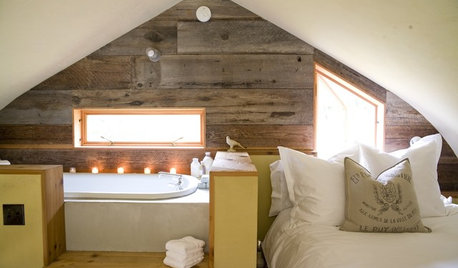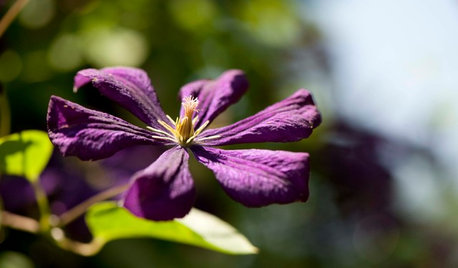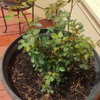Help diagnose a rosebush
dellwo
10 years ago
Related Stories

PETS6 Ways to Help Your Dog and Landscape Play Nicely Together
Keep your prized plantings intact and your dog happy too, with this wisdom from an expert gardener and dog guardian
Full Story
MOST POPULAR7 Ways to Design Your Kitchen to Help You Lose Weight
In his new book, Slim by Design, eating-behavior expert Brian Wansink shows us how to get our kitchens working better
Full Story
LIFE12 Effective Strategies to Help You Sleep
End the nightmare of tossing and turning at bedtime with these tips for letting go and drifting off
Full Story
HOUSEKEEPINGWhat's That Smell? What to Do About Stinky Furniture
Learn how to diagnose and treat pet and other furniture odors — and when to call in a pro
Full Story
WINTER GARDENINGPruning Secrets for Exquisite Roses
Encourage gorgeous blooms year after year with this time-tested advice on how to prune your rosebush in winter for health and shape
Full Story
LANDSCAPE DESIGNMake Your Roses Even More Beautiful With These Companion Plants
Nourish your rosebushes and create a visual feast with these 7 classic and unexpected plant pairings
Full Story
GARDENING GUIDESSoutheast Gardener's March Checklist
Start fresh by envisioning new plant combinations as you tend to fruit trees and rosebushes — and watch out for those darned voles
Full Story
LIFE8 Ways to Make an Extra-Full Nest Work Happily
If multiple generations or extended family shares your home, these strategies can help you keep the peace
Full Story
HOUSEKEEPINGWhat's That Sound? 9 Home Noises and How to Fix Them
Bumps and thumps might be driving you crazy, but they also might mean big trouble. We give you the lowdown and which pro to call for help
Full Story
DECORATING GUIDESHow to Work With a Professional Organizer
An organizing pro can help you get your house together. Here's how to choose the right one and gain your own clutter-clearing skills
Full StoryMore Discussions








jerijen
dellwoOriginal Author
Related Professionals
Wrentham Landscape Architects & Landscape Designers · North New Hyde Park Landscape Architects & Landscape Designers · Edmond Landscape Contractors · Jackson Landscape Contractors · Barrington Landscape Contractors · Chelmsford Landscape Contractors · New Cassel Landscape Contractors · North Haven Landscape Contractors · Reedley Landscape Contractors · South Lyon Landscape Contractors · Waterford Landscape Contractors · West Allis Landscape Contractors · Wilsonville Landscape Contractors · Yuba City Landscape Contractors · Crowley Landscape Contractorshoovb zone 9 sunset 23
michaelg
dellwoOriginal Author
michaelg
hoovb zone 9 sunset 23
roseblush1
dellwoOriginal Author
sunflowersrus222
roseblush1
User
michaelg
dellwoOriginal Author
sunflowersrus222
floridarosez9 Morgan
jerijen
dellwoOriginal Author